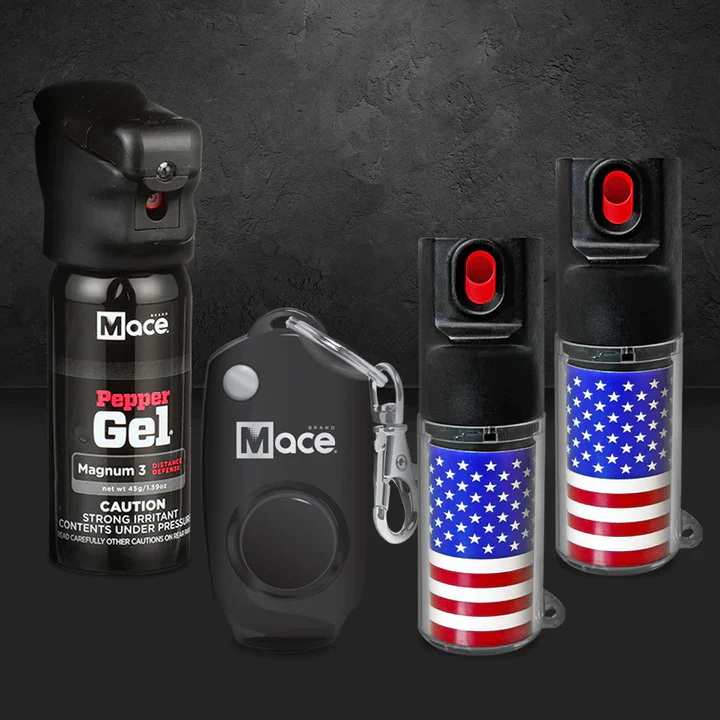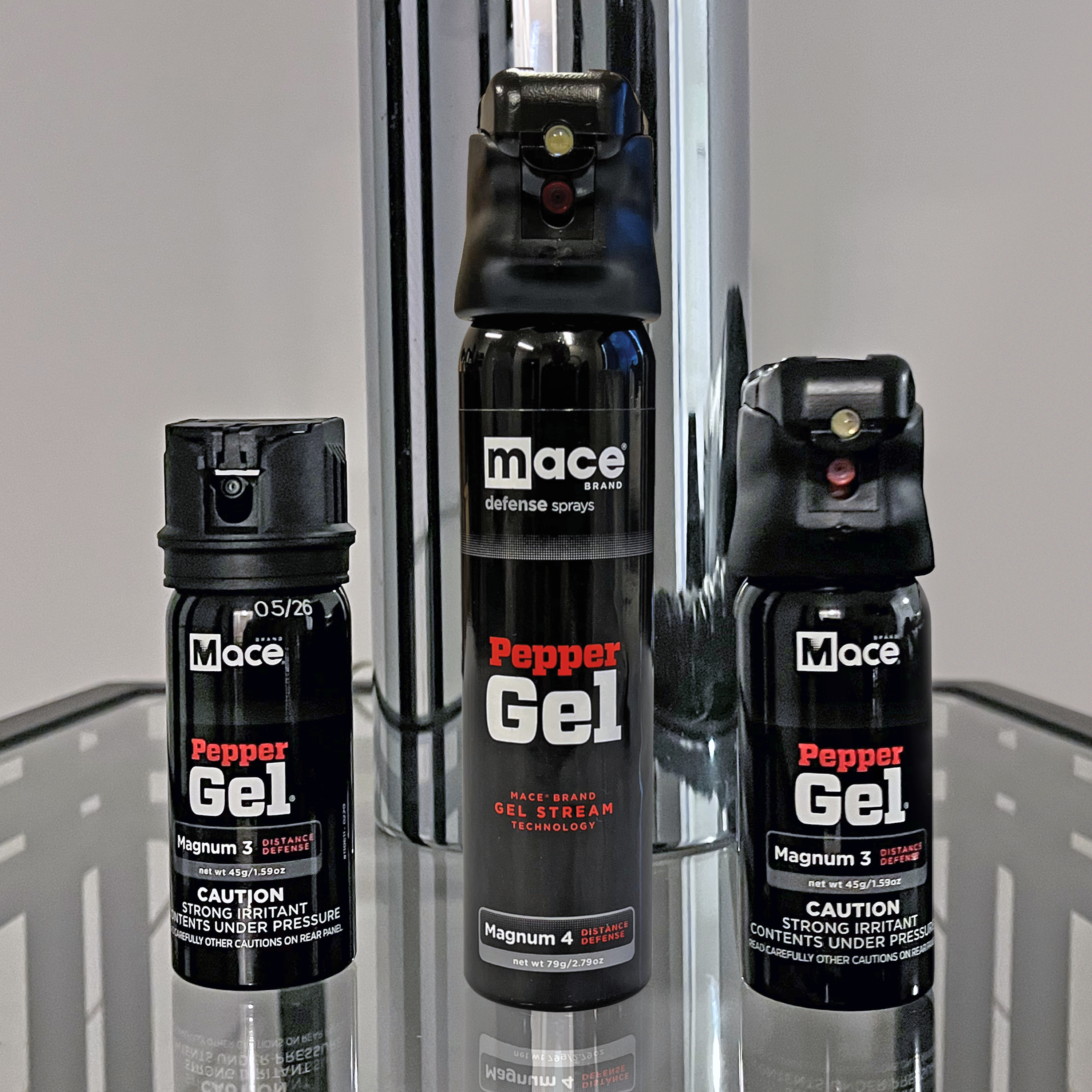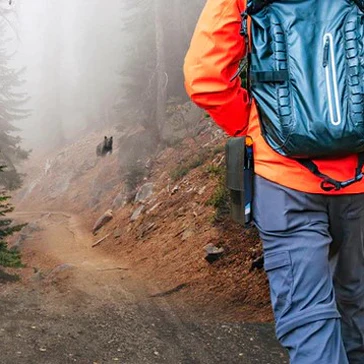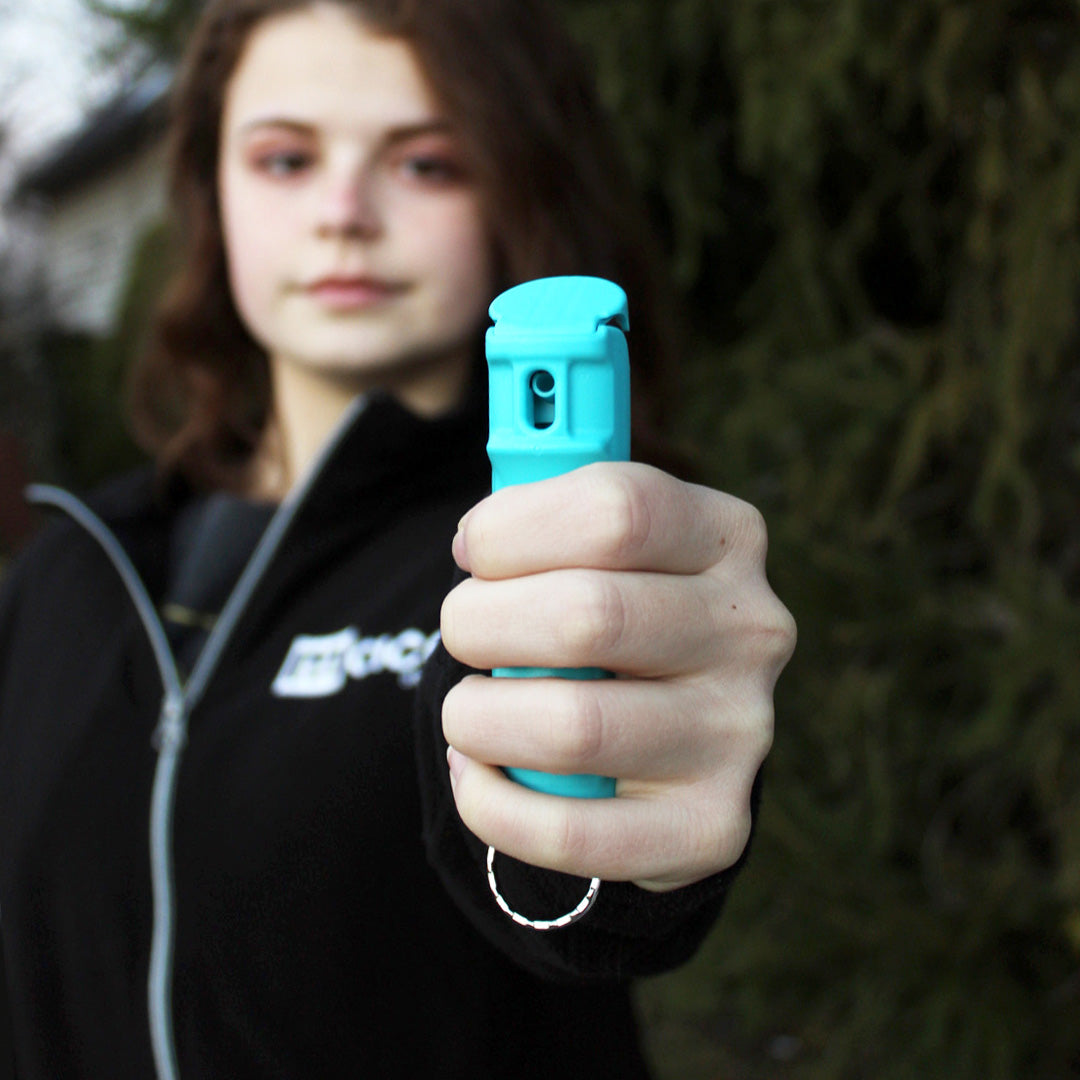Be Prepared for Spring... & Bears!

With spring coming, it’s important to be aware of bears. Bears emerge from hibernation in the spring and treat this time as hunting season. Due to regulated hunting and more habitat, there has been a pretty dramatic increase in the bear population of North America. If you’re out fishing, hunting, or camping, here are a few tips to prevent you from having an unpleasant bear encounter:
- Bears have a strong sense of personal space. If you do encounter a bear, remain calm, leave as much room as possible, and have your Mace bear pepper spray ready. Also try from a safe distance to determine if the bear has cubs, as they will defend much more aggressively in that case.
- Staying calm is one of the most important things to do if you encounter a bear. Remember that most bears do not want to attack you; they usually just want to be left alone. Bears may bluff their way out of an encounter by charging and then turning away at the last second. Bears may also react defensively by woofing, yawning, salivating, growling, snapping their jaws, and laying their ears back. Continue to talk to the bear in low tones; this will help you stay calmer, and it won't be threatening to the bear. A scream or sudden movement may trigger an attack. Never imitate bear sounds or make a high-pitched squeal.
- Know your bears! North America is home to the black bear, the brown bear, and the polar bear. Scientists say that brown bears are known to be the most dangerous of the three. In the United States, however, we are most likely to encounter the safer black bear.
- Walk don’t run! When you encounter a bear, identify yourself in a calm voice and walk in the direction from which you came. Bears will react to intensity and therefore it’s imperative that you act in a calm and calculated manner.
- Mother bears and bears defending food are the most dangerous as they’re either protecting cubs or a food source. If you encounter a bear on a carcass, get as far away from the bear’s area as possible. The same advice applies if you notice cubs around the bear.
- Bears have a stronger sense of smell than dogs and love food. Try to minimize the scent of food and attractants. Do not let a bear have access to your food, as this will only encourage the bear to return.
- Travel in groups! Exploring the wilderness alone is not advised and it’s encouraged that you travel with a group of 3 or more. Bears are much more inclined to attack one person than they are a group.
- If you encounter an aggressive bear, always play dead. Lay face down on the ground with your hands wrapped around your neck protecting your vitals. According to Yellowstone National Park, people who played dead survived with only minor injuries 75% of the time as compared with people who fought back and emerged with severe injuries 80% of the time.
- According to the National Parks Service, you are best to move away slowly and sideways from a bear that is stationary. This allows you to keep an eye on the bear and avoid tripping. Moving sideways is also non-threatening to bears.
- The most important thing is to carry your bear pepper spray. Attacks on humans are in fact rare, but in such an event your best defense is bear spray.









Leave a comment